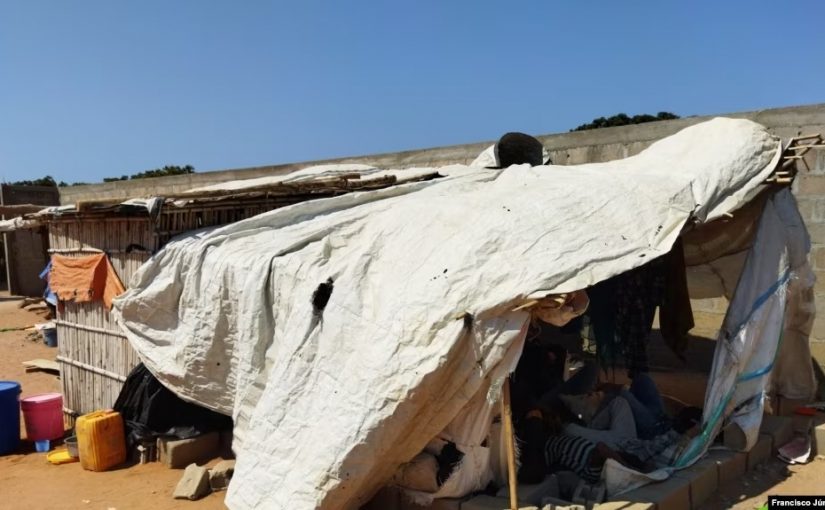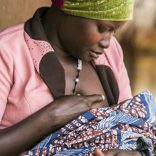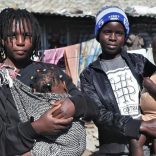Mozambique: Misinformation deters breastfeeding in Nampula province - health authorities
Mozambique: Suspected typhoid cases spark concerns in Pemba – VOA

FILE - A view of a house hosting IDPs, in Pemba, Cabo Delgado. [File photo: VOA]
- Suspected cases of typhoid fever are putting Cabo Delgado capital Pemba on alert. The city is still saturated with displaced people fleeing attacks by terrorist groups, residents and authorities told Voice of America.
Health units in Pemba began to register concern over a recent increase in patients with suspected symptoms of typhoid fever, a disease usually associated with low socioeconomic levels in areas with precarious sanitation conditions.
Thousands of families took in displaced people and have been sharing tiny rooms and scarce food in neighbourhoods with poor sanitation, aggravated by the lack of drinking water and personal hygiene conditions, creating a fertile cocktail for the disease.
“We are experiencing many difficulties. There is a deficit in waste management, there is a lot of stagnant water in the city, and there is also a lot of movement of foreigners, and we do not know everything that is causing us these diseases, despite being only suspicions,” Pemba resident Tomas Fabião says.
Another resident, Ana Francisco, notes that sanitation needs to be improved in Pemba, to meet the new social reality of a crowded city that “has to face these suspicions” of typhoid fever.
Suspected cases and measures
Health authorities in Pemba say that suspected cases of typhoid fever have been registered in some health units in the city, usually with patients presenting symptom including a dry cough, diarrhoea and pink spots on the pelvis.
“We have some suspected cases of typhoid fever” in health units in Pemba, said Álvaro Ernesto, delegate of the National Institute of Health in Cabo Delgado, noting that a study of the prevalence of cases has been started.
The official adds that the prevalence will be used to define diagnosis and health policies of national scope, to face the problem until now concentrated in the city of Pemba.
“We have a study running since March, when we collected 250 samples” sent to laboratories, Ernesto added, stressing that population movements may be contributing to the emergence of suspected cases.
“It is our concern to carry out active surveillance so that any suspicious case identified in the national territory is dealt with in accordance with international standards,” Ernesto concludes.
Typhoid remains a substantial public health problem in many low- and middle-income countries, according to the World Health Organization (WHO), with children and adolescents being the worst affected.












Leave a Reply
Be the First to Comment!
You must be logged in to post a comment.
You must be logged in to post a comment.